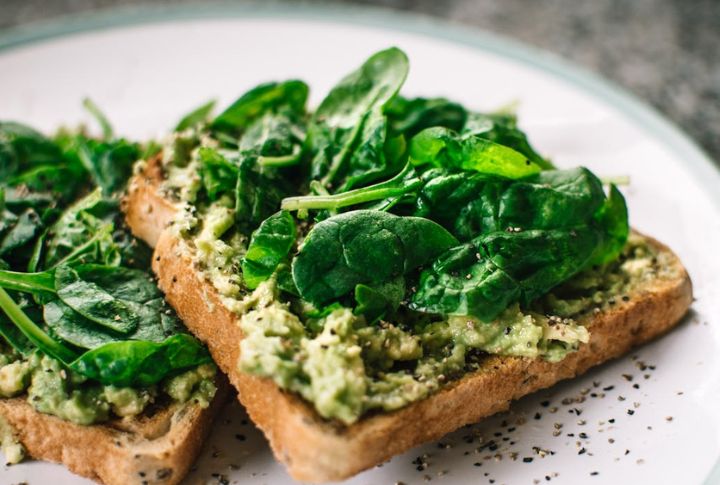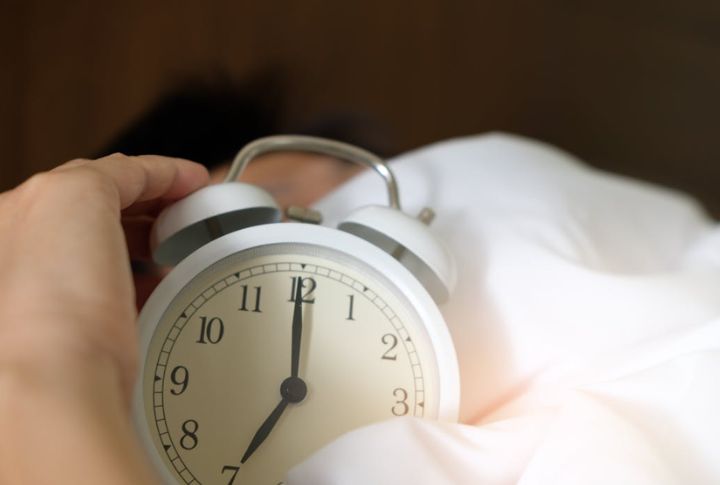
It’s not just coffee anymore—it’s your morning ritual and your midnight brainstorm fuel. Caffeine has quietly become the most consumed drink of modern life, often outpacing water in our daily routines. But with every sip comes a ripple effect on energy, focus, and sleep. Want to keep the perks without the pitfalls? These 10 strategies will help you stay sharp and in control.
Hydrate Consistently Throughout The Day

Coffee is a liquid flusher, meaning it encourages your body to release water quickly. That fluid loss can make you feel jittery or give you a headache; people usually blame the caffeine itself. To combat this, just keep sipping water steadily all day long. Proper hydration lets your system process the caffeine with greater ease.
Eat A Balanced Meal Before Consuming Caffeine

Starting your day with just coffee on an empty stomach guarantees a sharp spike and quick burnout. Always eat a solid meal first, which includes some protein or healthy fats. These nutrients act like a buffer, slowly releasing the caffeine into your system. You get smooth, sustained alertness rather than that anxious, rush-and-crash feeling.
Pair Caffeine With L-Theanine

Maybe you love coffee’s energy but hate the shaky anxiety that comes along. Look into L-theanine, an amino acid naturally present in tea. Taking it with your coffee helps calm that nervous energy. It’s the secret to feeling sharply focused and alert, yet completely relaxed and capturing tea’s peaceful side.
Practice Gentle Eye And Mind Rest After Caffeine Intake

Caffeine introduces a lot of energy to your system, sometimes too much for your brain to handle calmly. Immediately following your coffee, simply close your eyes for a few minutes. In fact, avoid looking at screens or jumping into intense work right away. Giving your mind a quick, quiet rest helps channel that rush into genuine focus.
Engage In Deep Breathing Or Mindful Relaxation

If you start feeling wired or tense, use simple breathing exercises to take back control. Initiate slow, deep belly breaths the second those caffeine jitters start to appear. Just a few minutes of this steady practice lowers your heart rate. Mindfulness also helps you manage the mental overstimulation effectively and keeps you grounded.
Opt For Smaller, Timed Doses Instead Of One Large Serving

A gigantic morning cup provides a huge, sudden blast, leading to an inevitable crash later on. Smart strategy suggests breaking that big dose into multiple smaller servings. Sip a little bit every few hours instead of chugging it all at once. This ensures consistent alertness, avoiding that bumpy, turbulent feeling.
Supplement With Magnesium-Rich Foods

It seems caffeine may cause your body to lose a bit of the calming mineral magnesium. You can easily support yourself by making sure you eat foods high in it. Spinach, almonds, or pumpkin seeds are great examples. Magnesium helps relax tense muscles and nerves, while offsetting some of caffeine’s restless side effects.
Avoid Caffeine Within Six Hours Of Bedtime

Caffeine stays active in your system for hours, potentially disrupting your deepest, most restorative sleep. You need a solid buffer period between your last coffee and when you turn in for the night. Set a firm cut-off time, say six hours before sleep. Protecting your sleep must always be the priority.
Replenish Electrolytes If You Sweat Heavily

You sweat out essential salts, and caffeine acts as a mild diuretic, gently flushing fluids. After a big workout or hot day, water is vital, but consider adding back electrolytes. Eating things like a banana or some nuts helps restore that important balance and prevents you from feeling completely wiped out or lethargic.
Choose Cold Brew Or Low-Acid Coffee Alternatives

Regular coffee can be harsh on sensitive stomachs, often causing acid-related discomfort. Try cold brew; its preparation process naturally lowers the acidity level. Look for low-acid coffee beans if you prefer hot brewing. You get all the desired energy without the digestive distress or unpleasant stomach churning.

